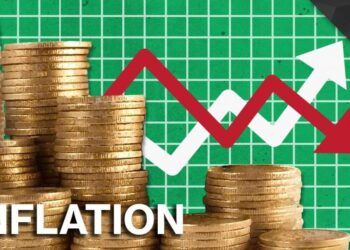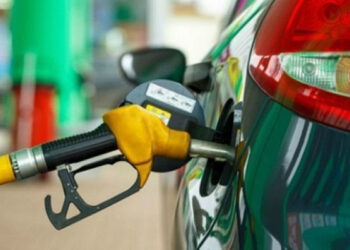The cost of climate action in Ghana is estimated at about $2 billion per year (in present term value) until 2050, the World Bank’s new Country Climate and Development Report for Ghana has revealed.
This is equivalent to 2% to 3% of cumulative Gross Domestic Product over the same period.
In the context of high debt and tight fiscal constraints, the report said Ghana will need to carefully prioritize investments starting from no-regret actions that maximise resilience benefits at an affordable cost.
“The country will need to take an urgent action to restore macroeconomic stability and debt sustainability and improve business enabling environment to mobilise funds from various sources, including private and development finance”.
“The report shows that the private sector can lead Ghana’s green growth through areas such as green building, renewable energy, climate-smart agriculture and energy efficiency improvements which IFC is supporting by increasing investment and advisory services to such ventures,” said Kyle F. Kelhofer, IFC’s Senior Regional Manager based in Ghana.
In addition, the authors highlighted the role that the financial sector can play to leverage opportunities for green and blue bonds, insurance, and other financial protection mechanisms that can help address climate and disaster risks.
Again, the report said concessional finance and overseas development assistance will also be critical to support public goods measures.
To reduce the impact on the poor, the report advised Ghana to focus on improving responsive social protection systems and safety nets for vulnerable groups, strengthening financial inclusion, and building skills for new green jobs and livelihoods.
It showed that taking a climate resilient and low-carbon pathway could turn challenges into opportunities: It delivers more than $26 billion in economic benefits by 2040.
SEND A STORY: Do you have a story for us or need a promotion / advertisement? Submit them via our email dannyboy744@gmail.com and via on +233 266777777














